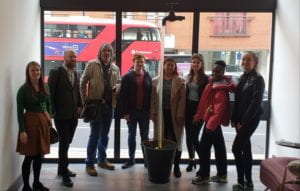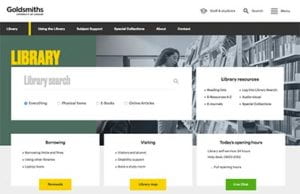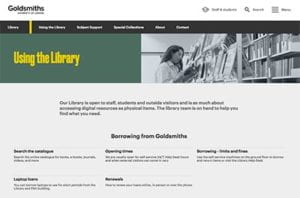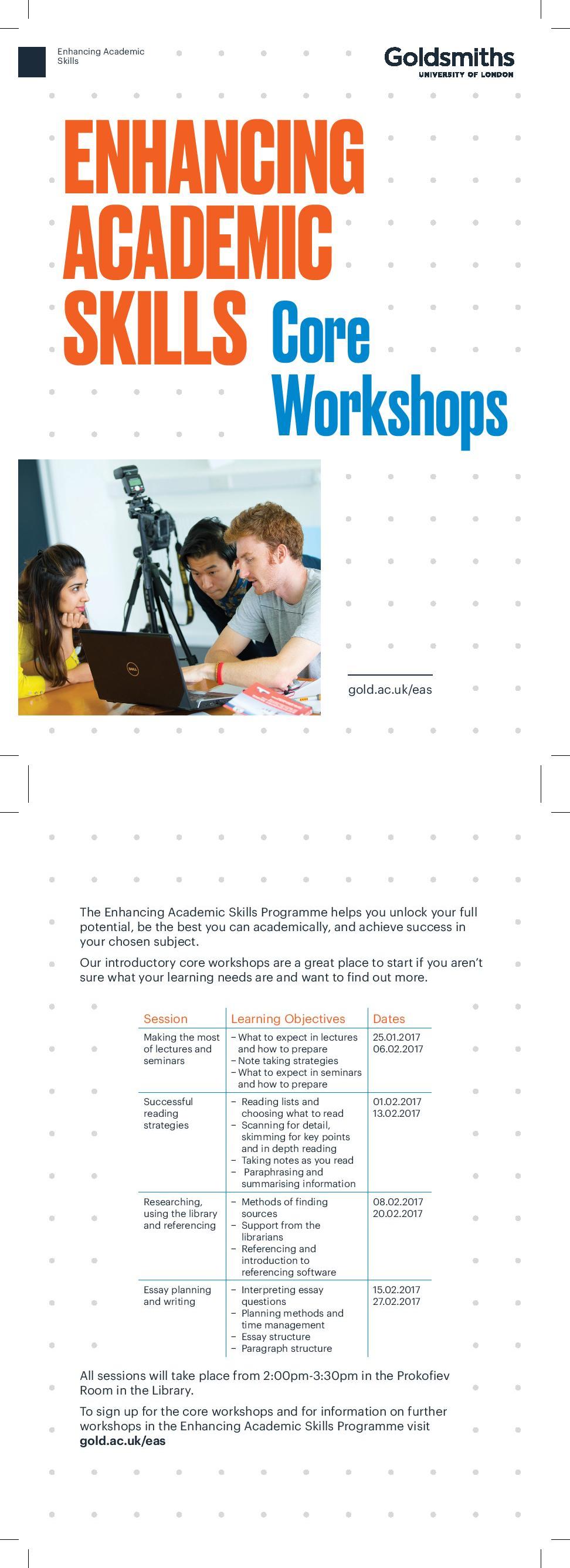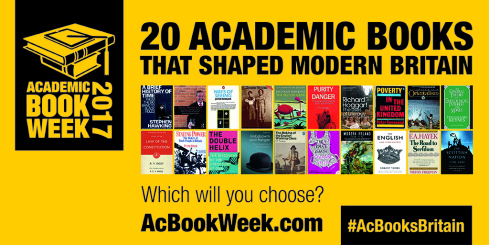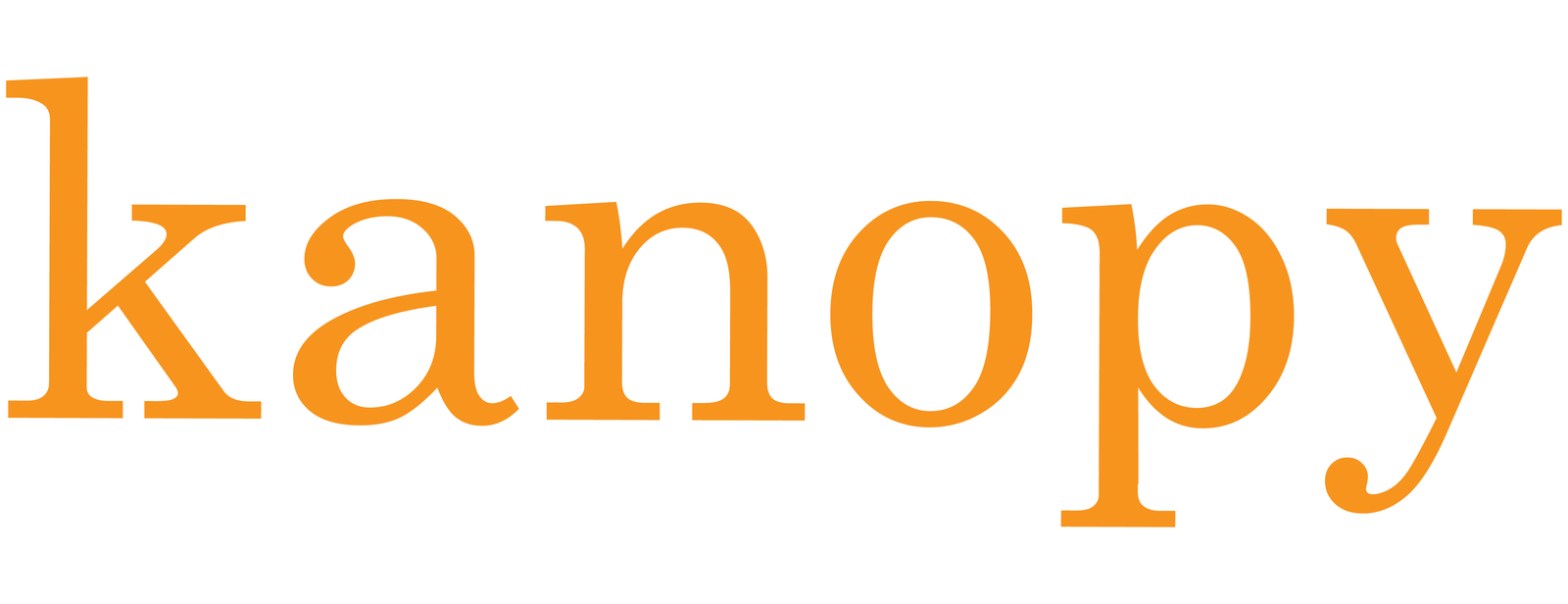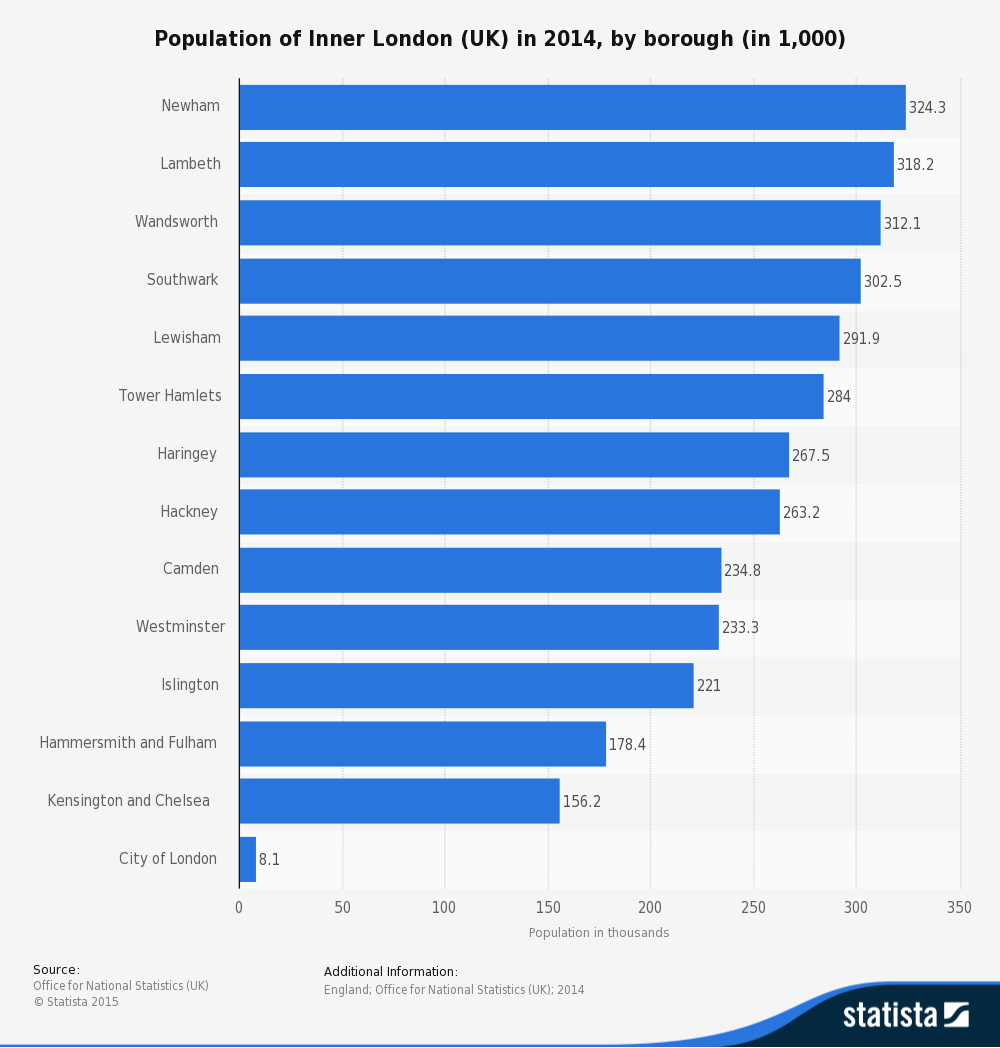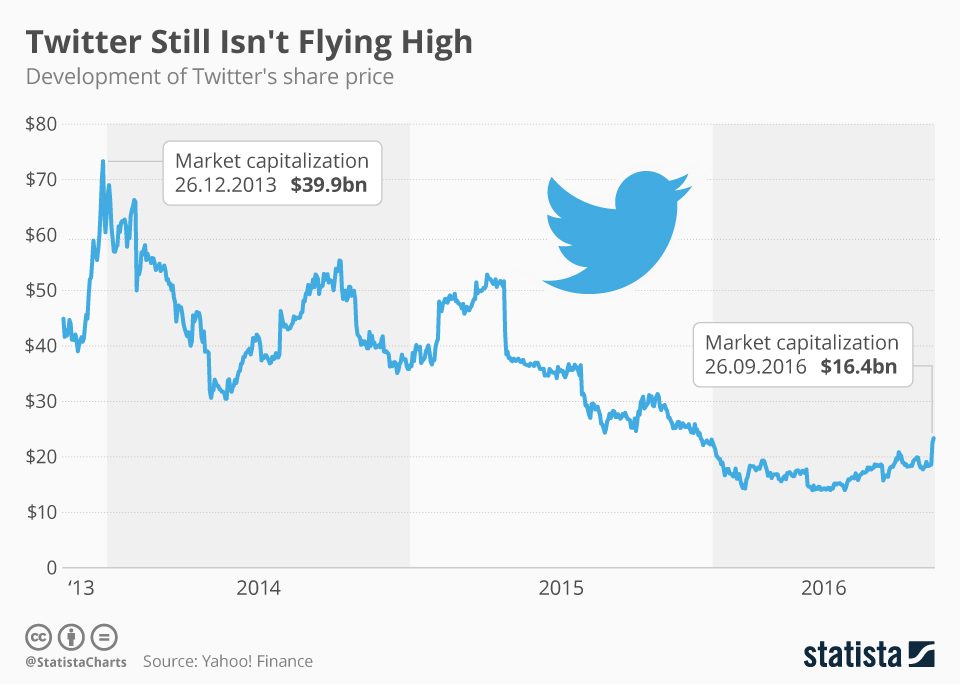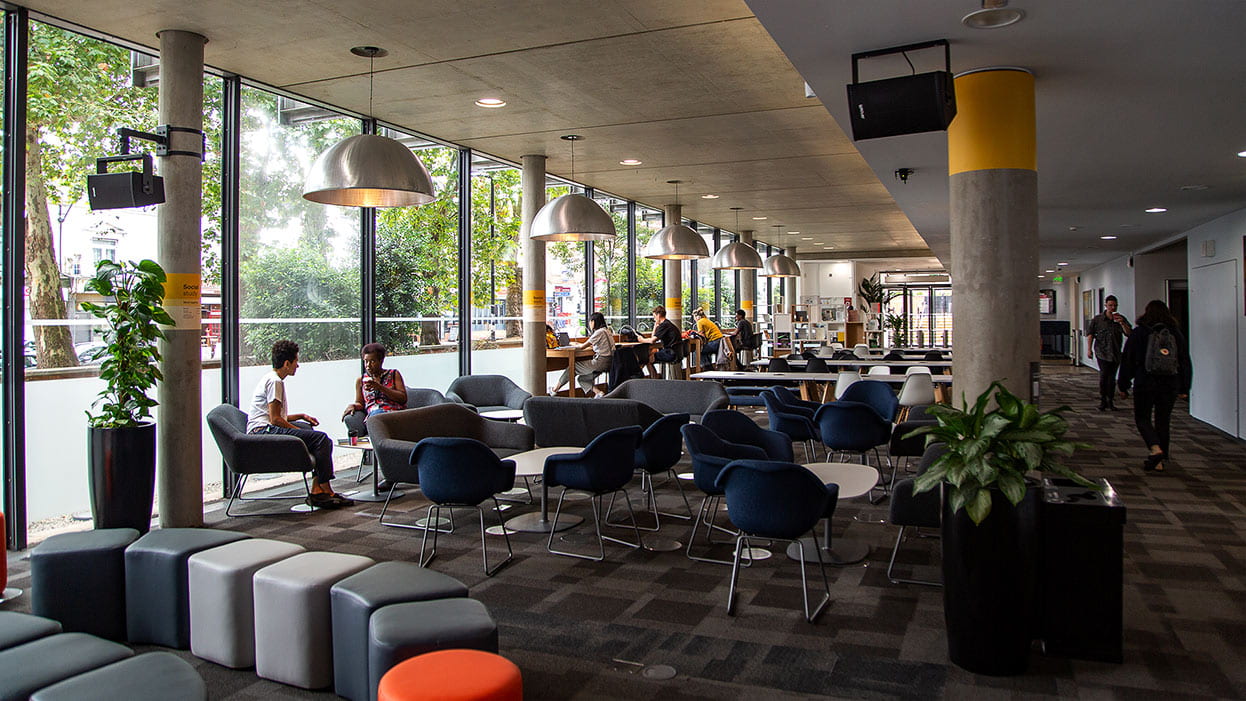
First thing this morning, the ground floor of Goldsmiths library reopened, on schedule, after a major refurbishment.
It had been closed throughout June and July, giving us time to take on board and implement feedback from our students and staff and create a new flexible, welcoming learning environment that supports the ways different people learn specifically for social and group study.
As with any university, Goldsmiths Library is the heart of the campus. It’s open around the clock, only closing at Christmas and New Year. It’s a go to place where staff and students can access services and resources.
It was important to us that provision of these was not interrupted, so we relocated the main entrance to the side of the building for the duration of the works. This gave us the fantastic opportunity to co-deliver services alongside our IT colleagues building on the brilliant relationship we already have from working together at weekends – Thank you IT colleagues for being amazing!
So what does our refurbished ground floor look like? We’ve gone for muted colours, plants and wood so the space feels calm and natural. Now when people arrive, they enter through new proximity reader access gates. Comfortable sofa areas have been created, where people can hold relaxed conversation and enjoy coffee breaks. There are window seats to take in the views of New Cross, which are already proving popular. And, if people prefer, they can use one of our new booth spaces with screens that provide discreet places to work together on presentations and essays.
All the feedback we’ve had from students and staff so far has been really positive about how the space looks and feels, which we’re thrilled about. But, as important as it is to create an attractive, welcoming environment, libraries have to work to support study. Alongside spaces for individual working they need to provide spaces that encourage creativity, collaboration and social learning.
The ground floor of Goldsmiths Library now has a proper events space. This will be used to increase the visibility of and access to our special collections and archives.
It will give academic staff and Post Graduate Researchers the opportunity to publicly share their work and build on the success of the popular Research Cafes. Here, students will have the opportunity for learning outside their courses and departments will be able to collaborate with the Library on events, such as International Games week. If you have ideas do get in touch with your Subject Librarian.
Flexibility and creativity are a key element of the new ground floor. We’re going to have a fantastic interactive installation that will encourage playfulness and give library users a way to engage with the space and reflect on their emotional wellbeing.
Our new maker space provides 24/7 access to a variety of equipment encouraging creativity. We currently have a sewing machine, binding machine and lots of paper based craft equipment and we’ll be developing the space with library users as we go. It’s a work in progress but more details are available at https://libguides.gold.ac.uk/makerspace
On the rest of the ground floor group study tables allow different sized groups to work together. Visitors can configure spaces to meet their own learning needs using the new flexible furniture and ceiling power units. We’ll be trying out different learning and teaching activities and we hope you will find new ways to work in groups too.
We are all delighted and excited by the Library’s new ground floor and are looking forward to seeing what you, our students and colleagues, make of it.
That work has completed on time is a tremendous relief and a great achievement. Thank you to our colleagues in Goldsmiths Estates and Facilities, IT services and to everyone who supported making this happen. We really appreciate the effort everyone went to, and I am sure students and staff will too now they are using the spaces.
Library staff carry out a variety of activities throughout the year to look at how the spaces are actually used by people and we collaborated with the Anthropology Department to observe student activity and use of the library spaces in 2017. Surveys, reports, complaints and compliments all fed into the project and our Subject Team works closely with departments on aligning library resources with the needs of the departments and their students.
Receiving and acting on user feedback has been crucial to this project. The next time you visit the Library, let us know what you think of its new entrance hall and the improved facilities we’ve provided throughout the ground floor social study area. Leave feedback at https://www.gold.ac.uk/library/contact/anonymous-feedback/
